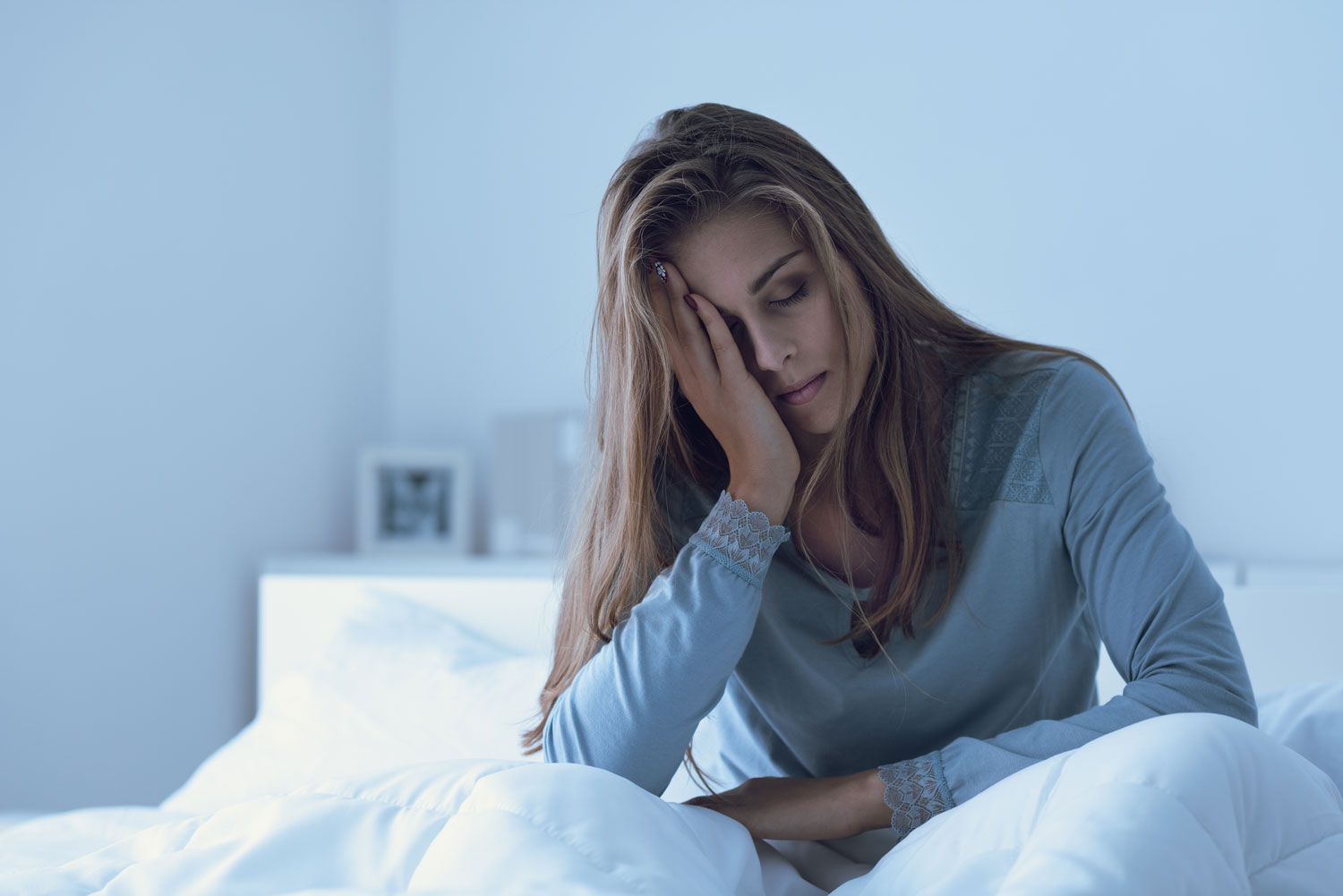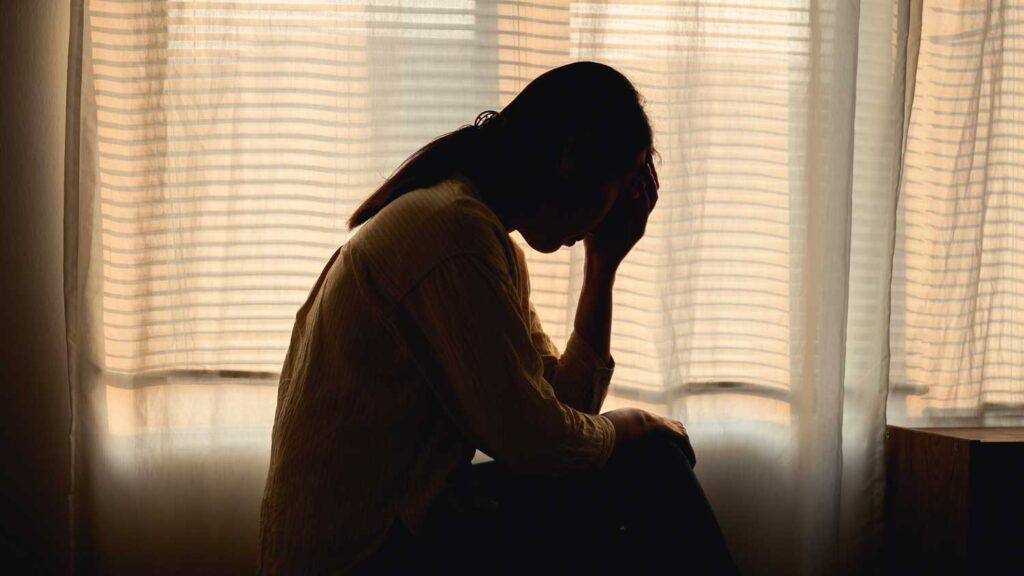What may surprise you is that some sleep researchers believe disordered sleep, an all-encompassing term that involves a wide variety of sleep conditions, may be more responsible for illness and death in American men and women than cardiovascular disease and pulmonary conditions combined. Maybe it’s time we start paying better attention.
What is sleep?
Sleep is a critical time for overall body healing, regulation and restoration. Disrupting this process can affect blood pressure, heart rate, mental status, hormones and a host of other critical bodily functions.
What are the effects of bad sleep?
Attentiveness, reaction times, learning abilities, alertness, hand-eye coordination and short-term memory can all decline as a result of drowsiness. Sleep deprivation has been identified as a leading cause of on-the-job accidents and automobile crashes, but it’s more than just grogginess that causes mishaps. Disordered sleep can impact your physical performance. Research shows that getting under six hours of sleep is associated with faster physical fatigue, a reduction in aerobic output, metabolic impairment and an increased risk of sustaining injury. However, optimizing sleep, sometimes by forcing a minimum number of sleep hours per night, can significantly improve physical and cognitive performance functions.
As a neurological phenomenon, sleep affects more than just physical functions. Recent research focused on impaired sleep has uncovered the ways sleep affects the body’s glymphatic system, which acts as a pathway for waste clearance in the central nervous system and is responsible for disposing toxins from the brain. A 2013 study funded by the National Institutes of Health suggested that sleep is essential to clearing the brain of damaging molecules associated with neurodegenerative conditions like Alzheimer’s disease.

How can you tell if you’re getting bad sleep?
So how can you know if your sleep patterns are healthy, and what can you do if they’re not? Healthy sleeping habits are typically indicated by the following:
- Ability to fall asleep within 15-20 minutes of lying down
- Regularly sleeping for a total of 7-9 hours during any given 24-hour time period
- Experiencing continuous sleep (not characterized by periods of waking)
- Waking up feeling well-rested
- Feeling alert and productive throughout most of the day
If any of these situations feel like a faraway dream, you’re not alone. In our modern world, the lines between work and home have blurred and technology is tugging at us more than ever before. Our collective ability to sleep has suffered big time. From insomnia to sleep walking, sleep disorders are becoming more prevalent. By some estimates, more than 50 million Americans suffer from sleep disorders. About 70 percent of adults report that they obtain insufficient sleep at least one night a month while 11 percent report insufficient sleep every night.
Disordered sleep affects both men and women, but women are more likely to have difficulty falling and staying asleep while also experiencing higher instances of daytime sleepiness. Women who report these unhealthy sleep patterns are at a greater risk for heart disease, type 2 diabetes and depression when compared to men. Biological factors unique to women such as premenstrual syndrome, pregnancy and perimenopause can undoubtedly have an impact on sleep quality as a result of fluctuating hormone levels, though it is unclear how the hormones themselves work to protect men while leaving women vulnerable.
Hormones are one of the many determinants that can impact an individual’s sleep efficiency, but there are some other physiologic factors at play such as sleep apnea, restless legs syndrome and circadian rhythm disorders. There are also work and school-related factors, such as early morning and overnight shifts, professional travel and all-nighter study sessions. Environmental and lifestyle factors also have an impact. While some factors are largely out of an individual’s control, the good news about environmental and lifestyle factors, or sleep hygiene, is that they can be adjusted to improve sleep efficiency.

How to correct sleep habits
Plenty can be done to improve sleep hygiene if your shut-eye is suffering. Start by setting limits for yourself and going to sleep at roughly the same time every night (including weekends) to help regulate your body’s internal clock. Ridding the bedroom of distractions such as smartphones, tablets, televisions and other bright light sources can also bring about massive improvements to your overall quality of sleep. Finding ways to help your brain unwind before bed is crucial. Taking a warm bath or spending time to pray can all be beneficial.
While the moments leading up to bedtime are undoubtedly important, they aren’t the only elements that matter. One great way to promote better sleep is using light to help manage your circadian rhythm. Avoid bright light in the evening and expose yourself to sunlight in the morning to signal to your brain when sleep and wake times should occur. Additionally, engaging in 10 or more minutes of aerobic exercise each day can drastically improve sleep quality.
These ideas all sound easy to implement, but sleep problems may require more than a sleep-friendly environment. If you still aren’t getting the quality Z’s you need, talk to your doctor. There may be an underlying sleep disorder, so it is important to take your sleep habits seriously and speak up if you feel that something is abnormal.















